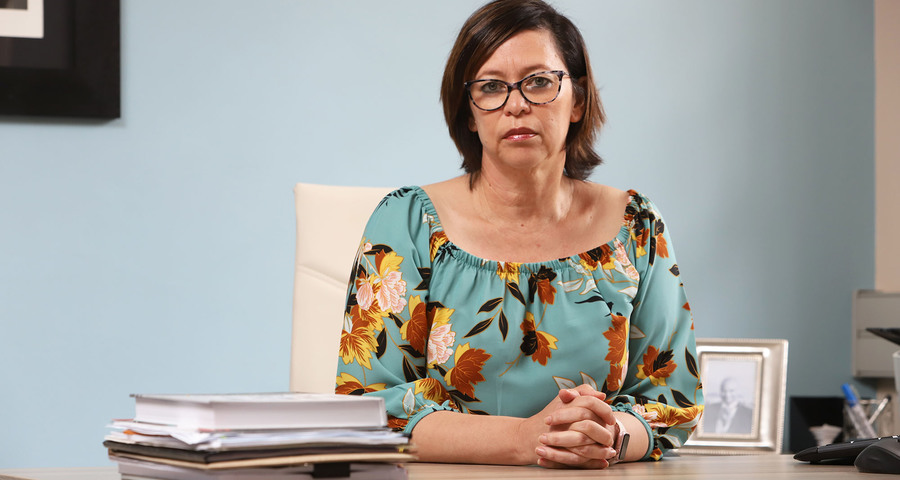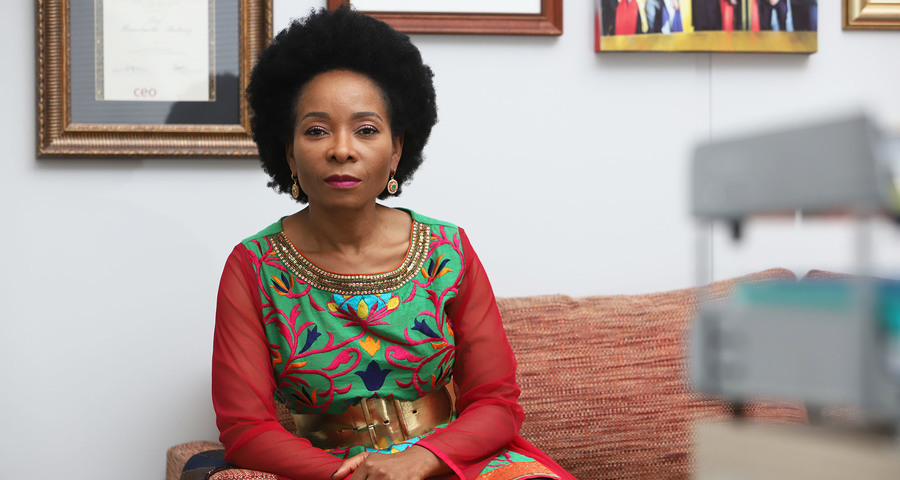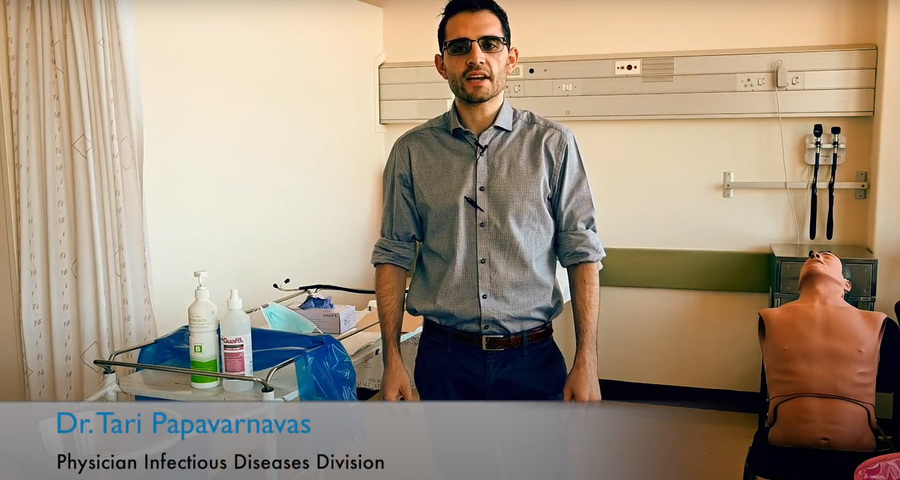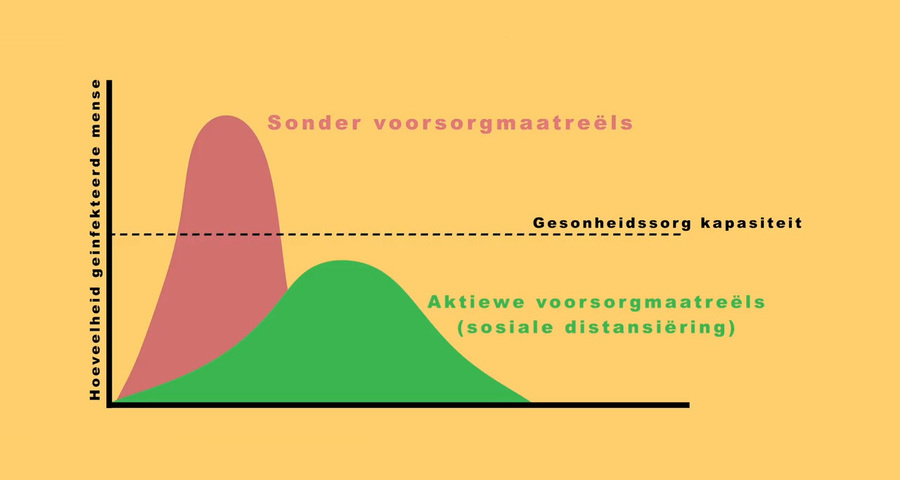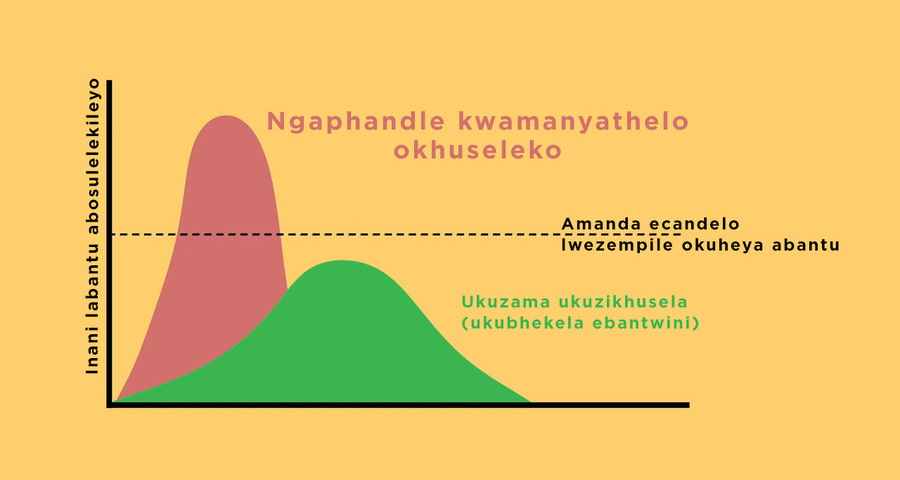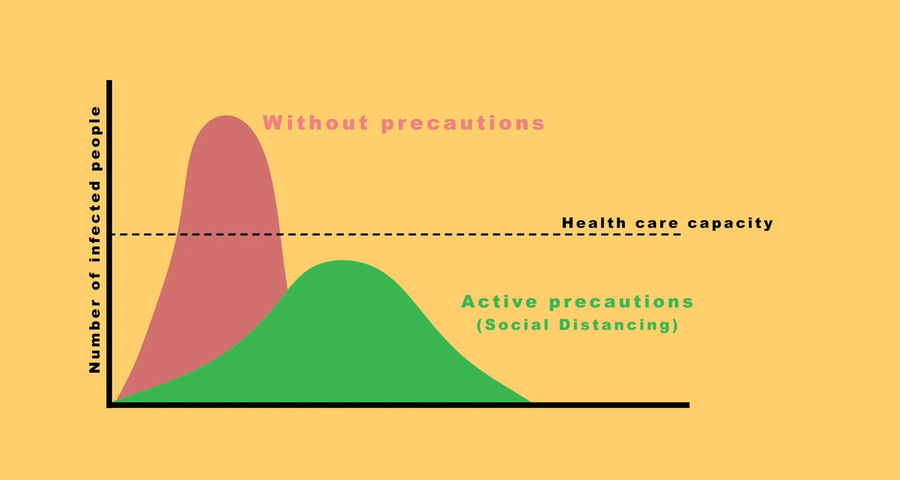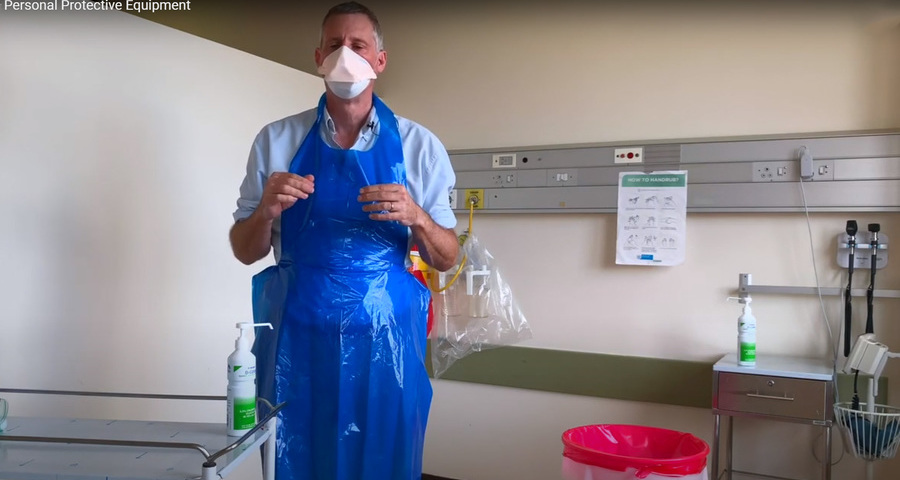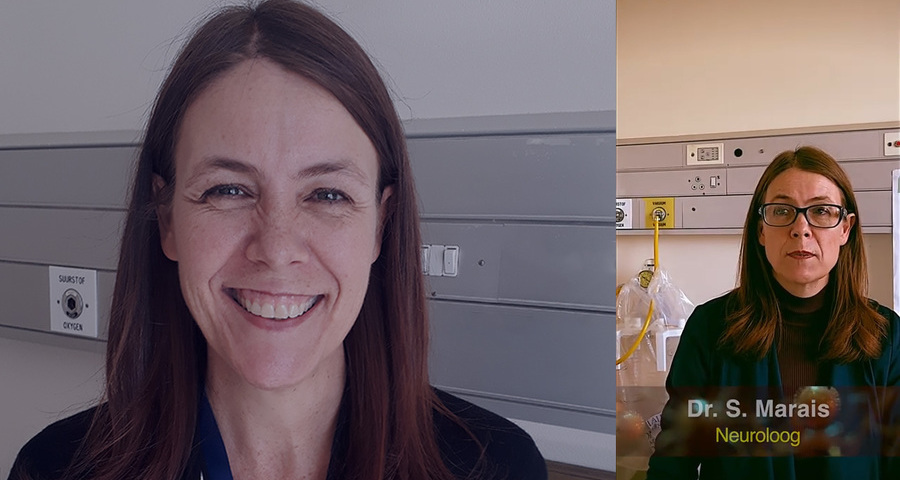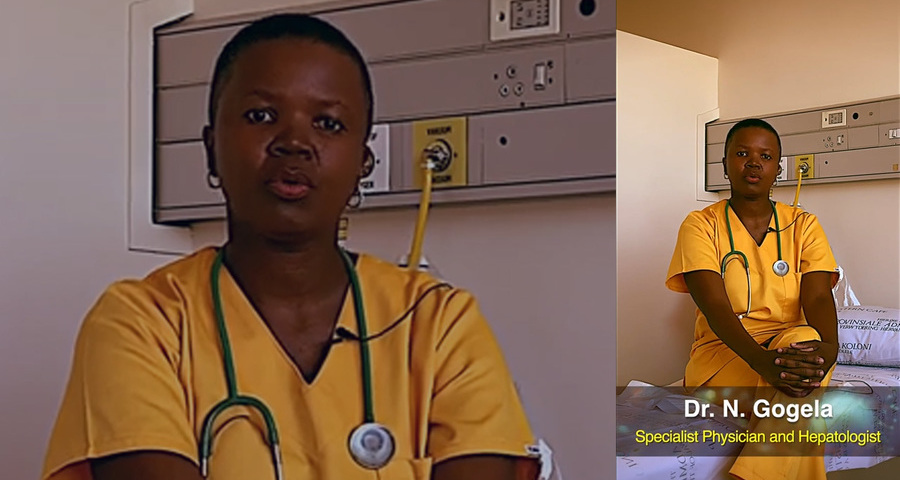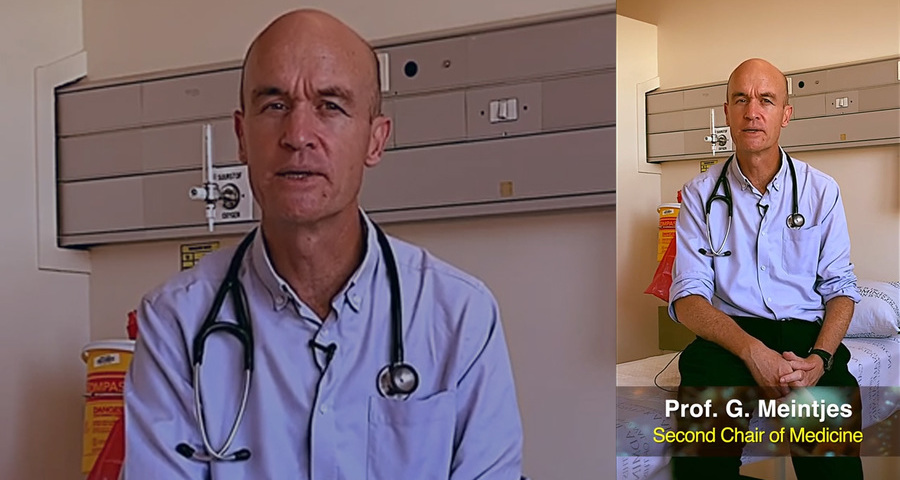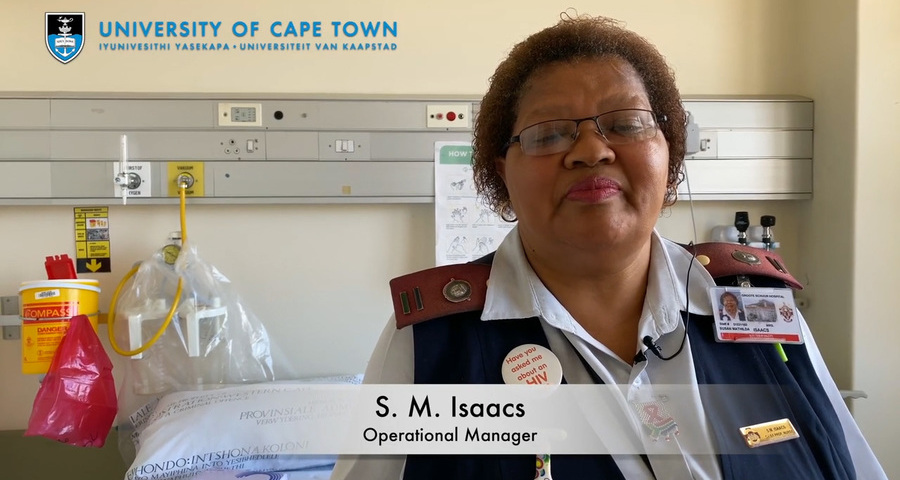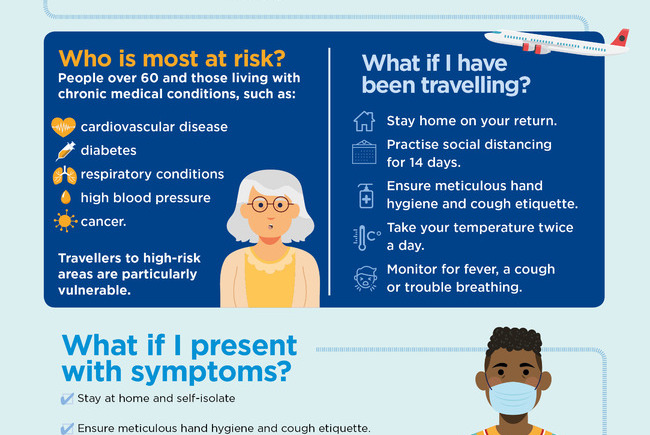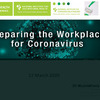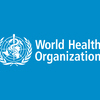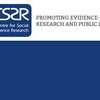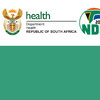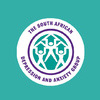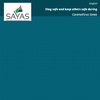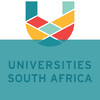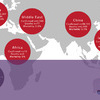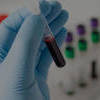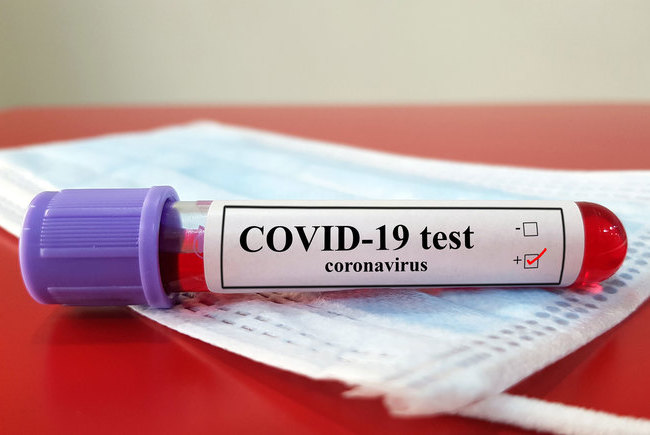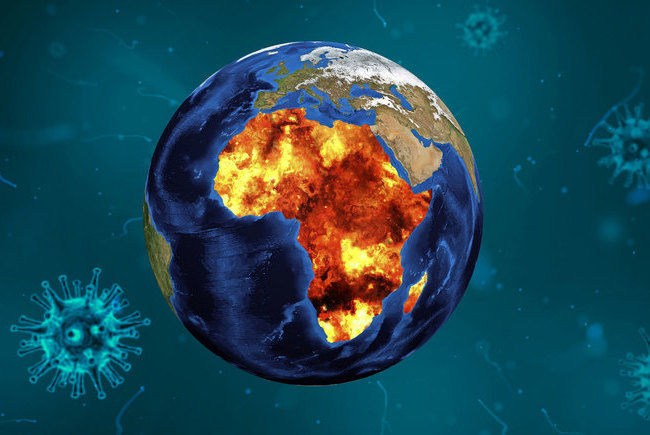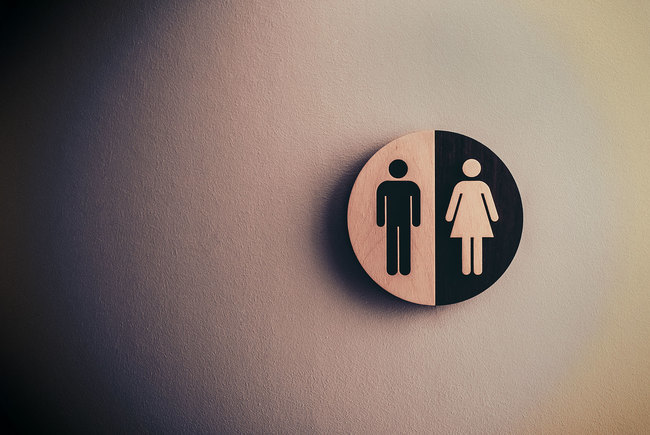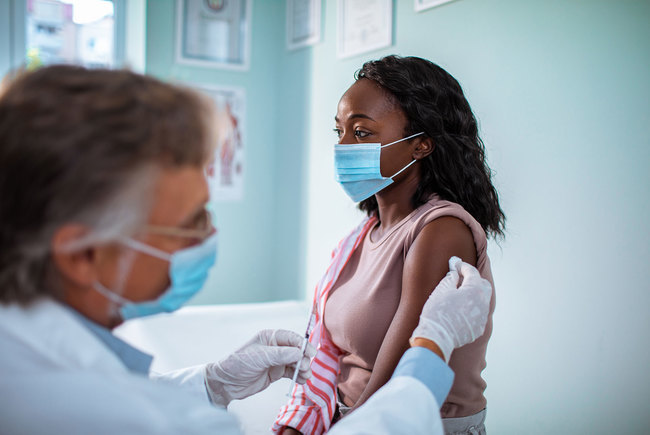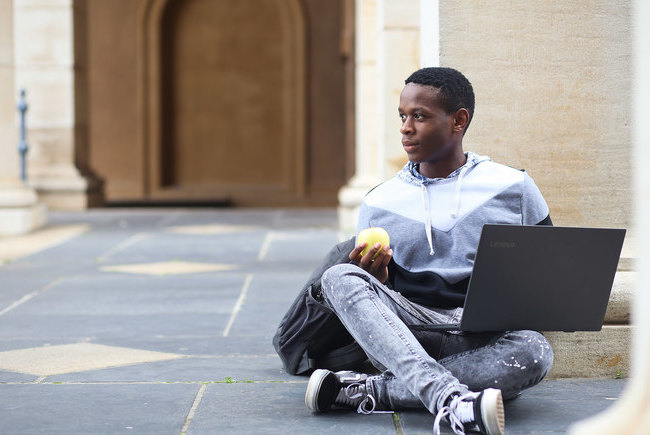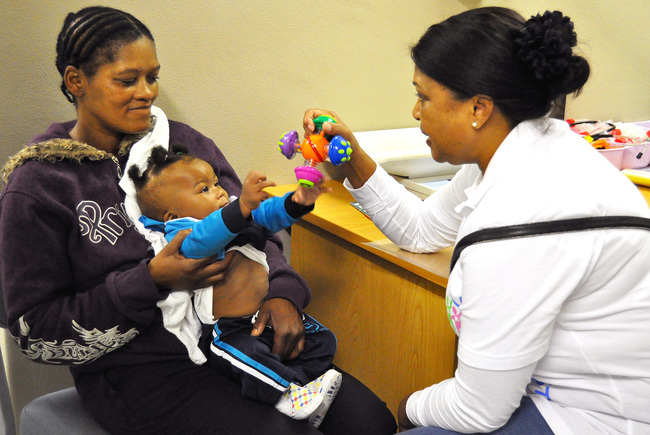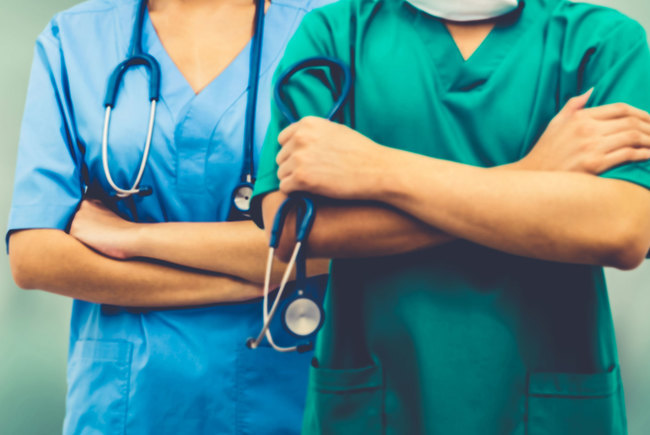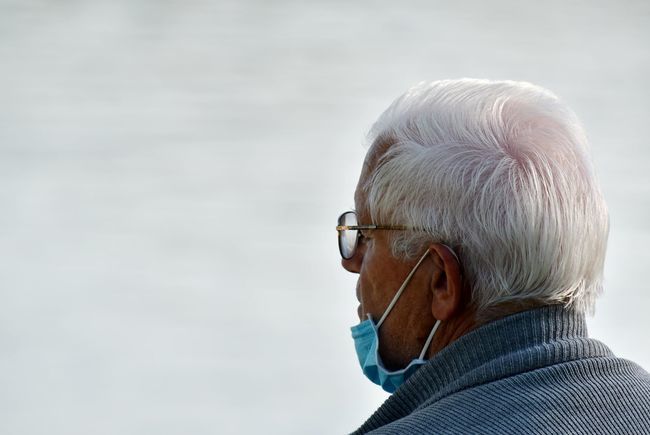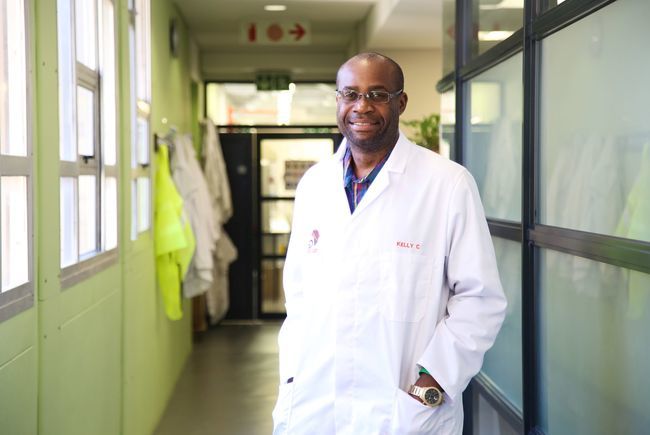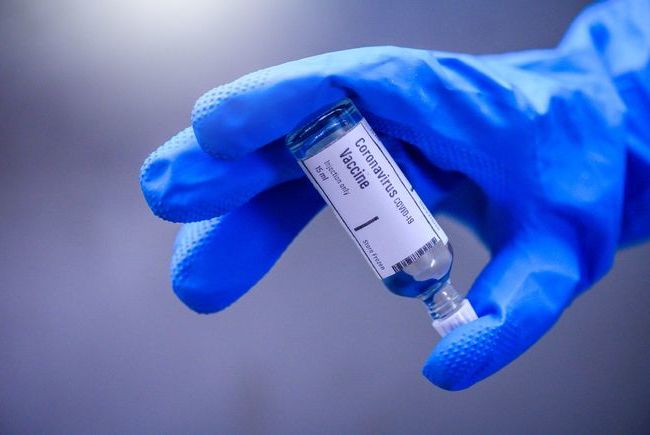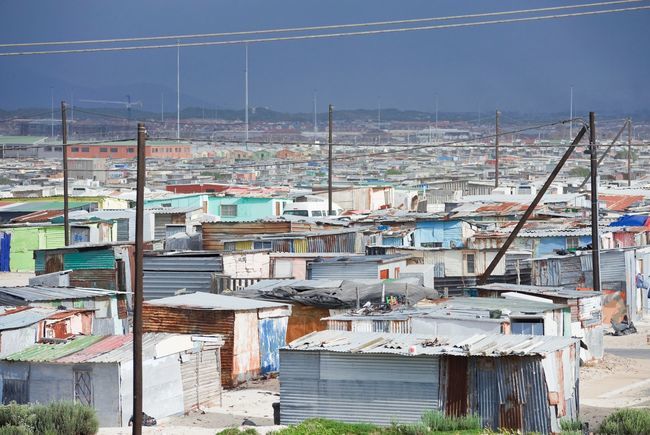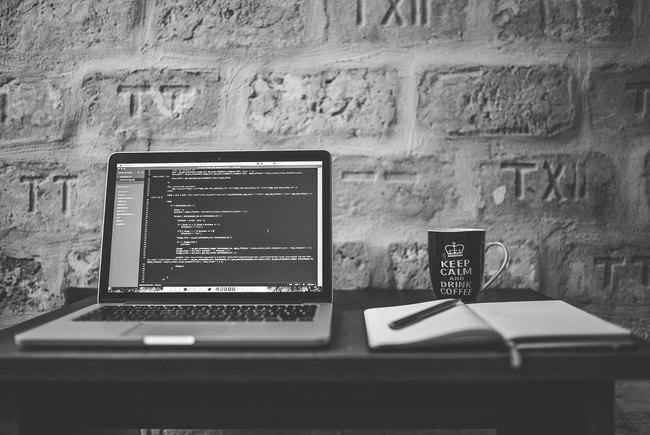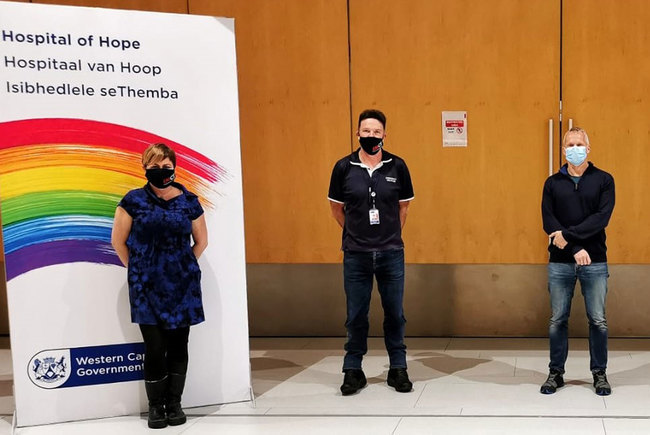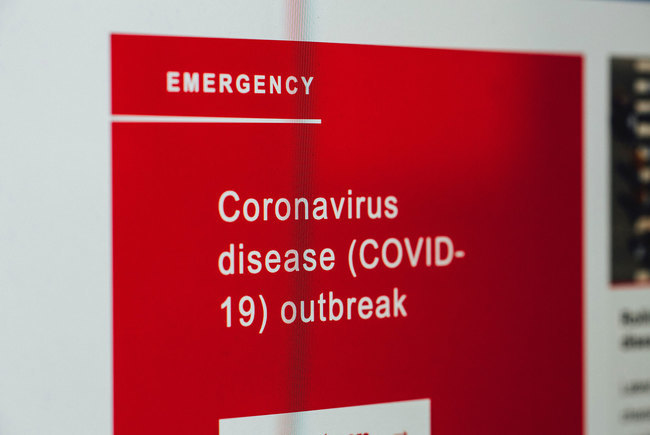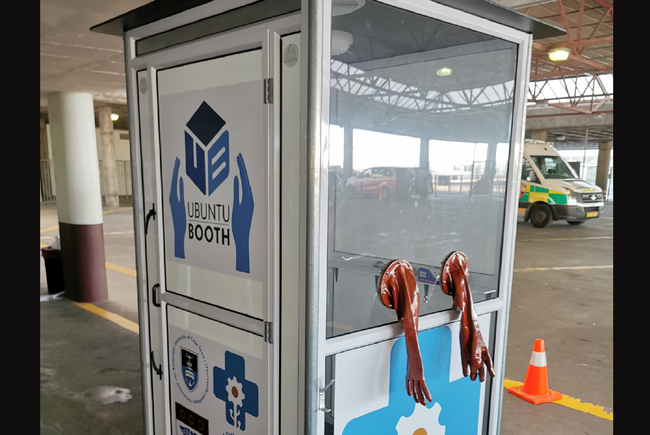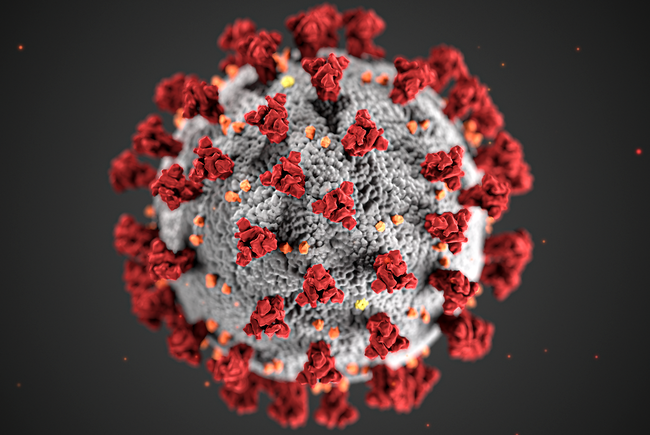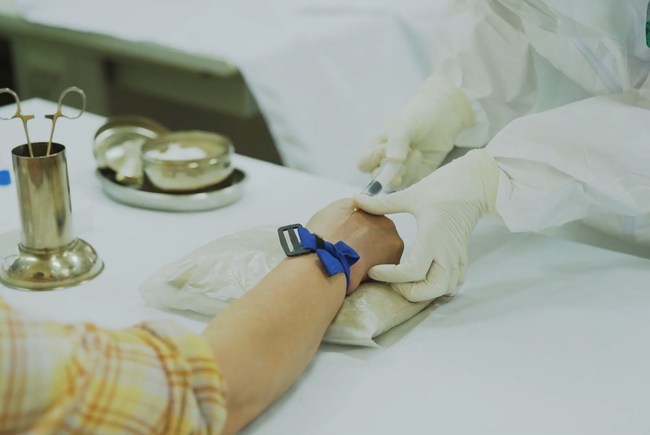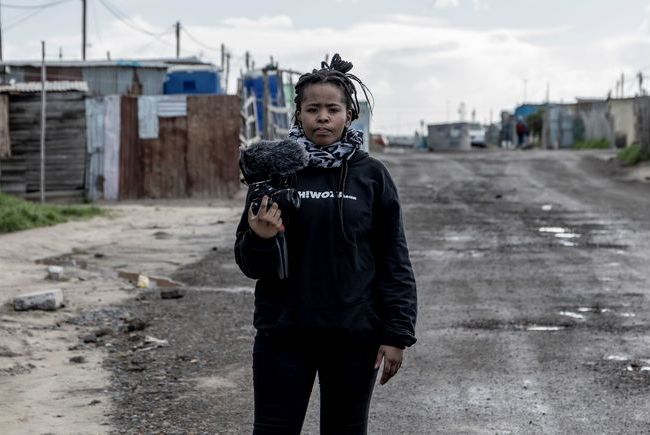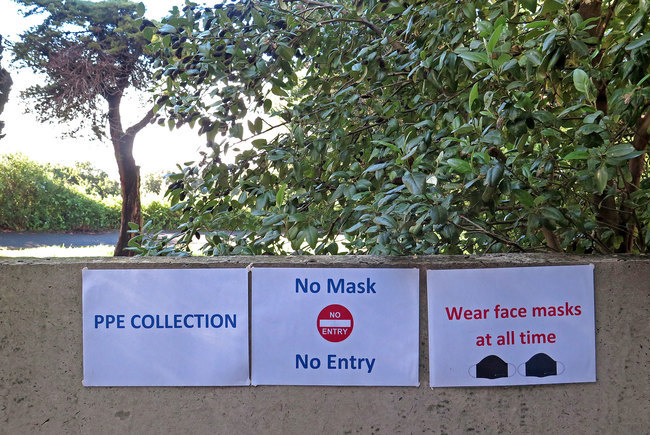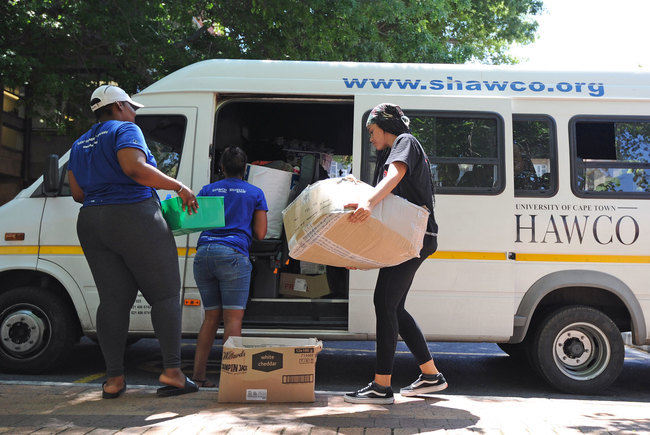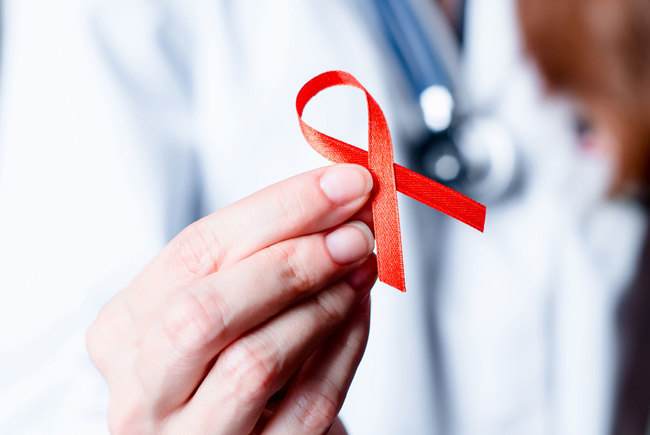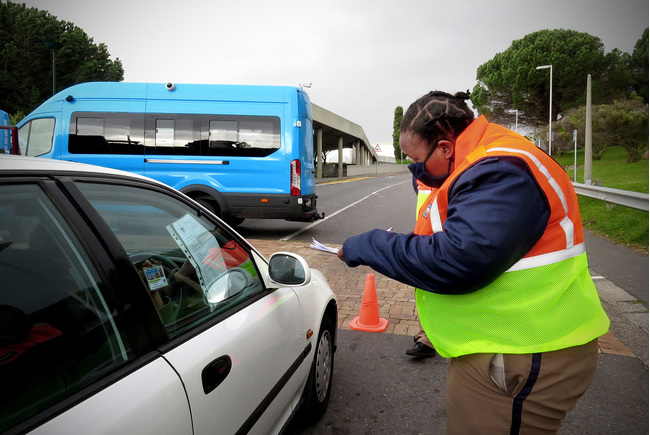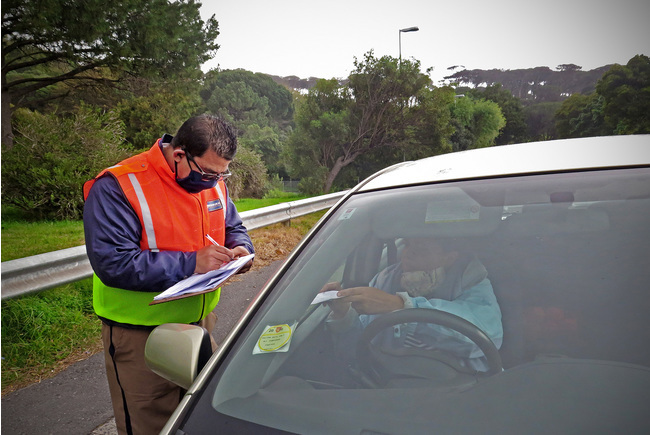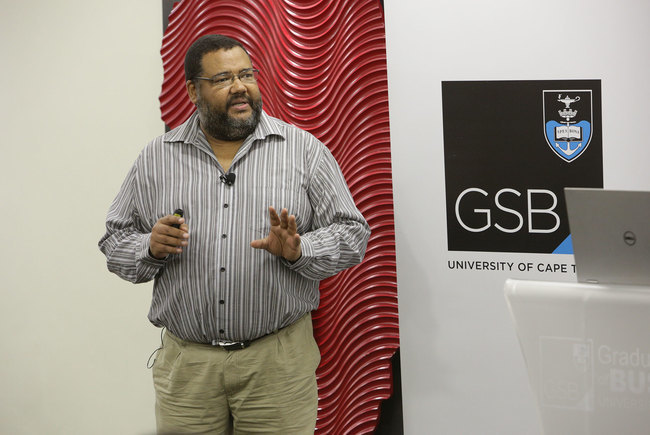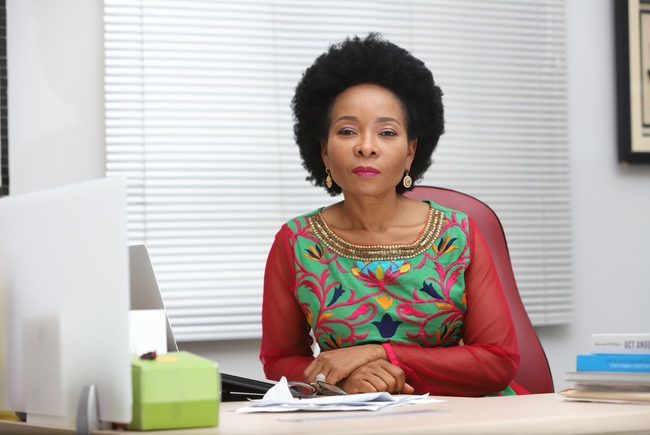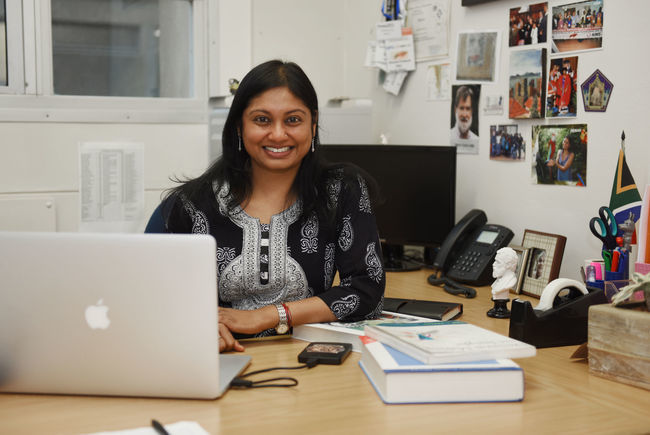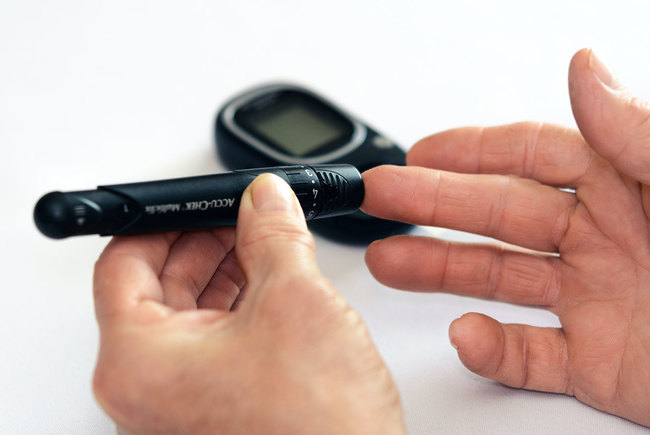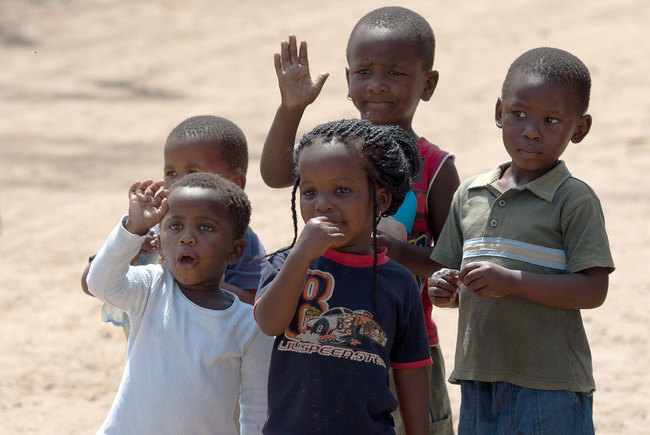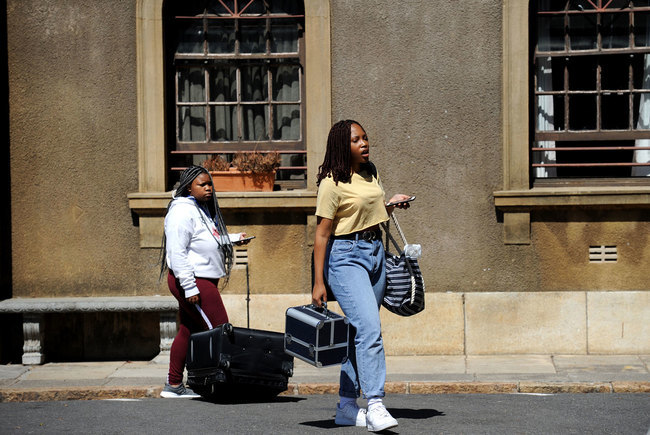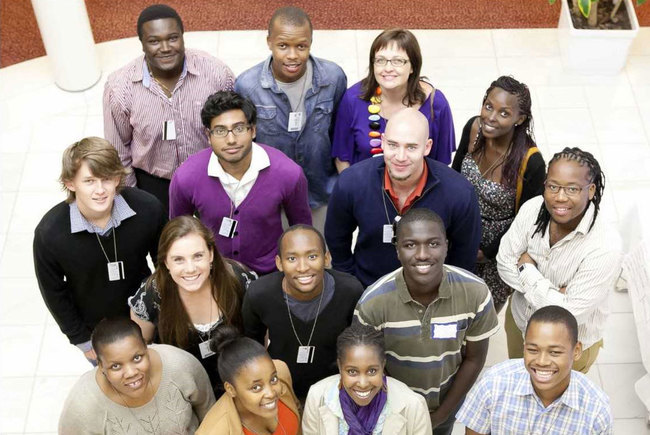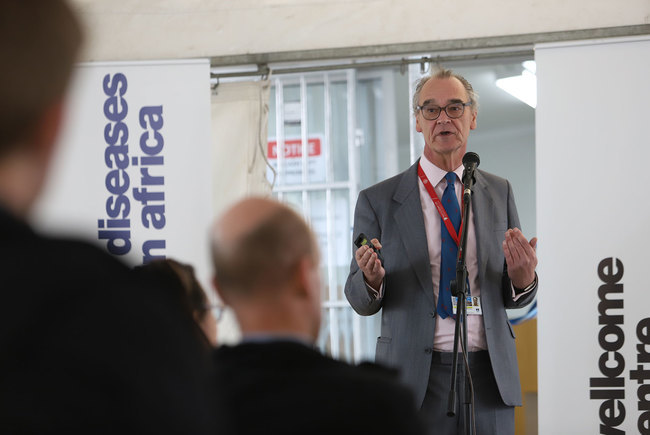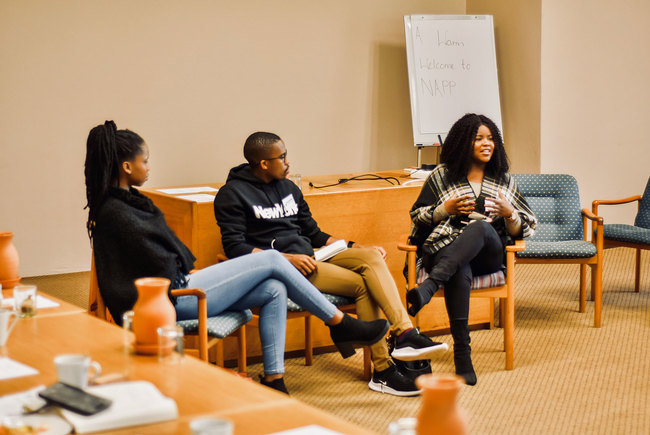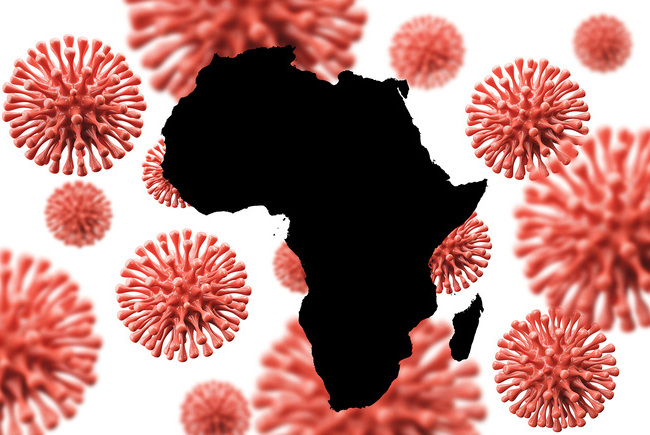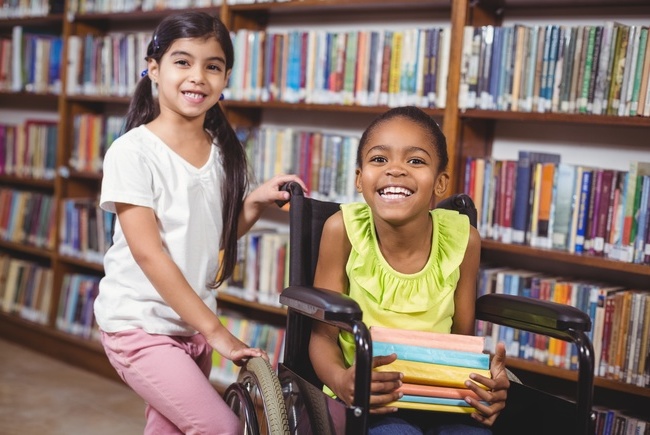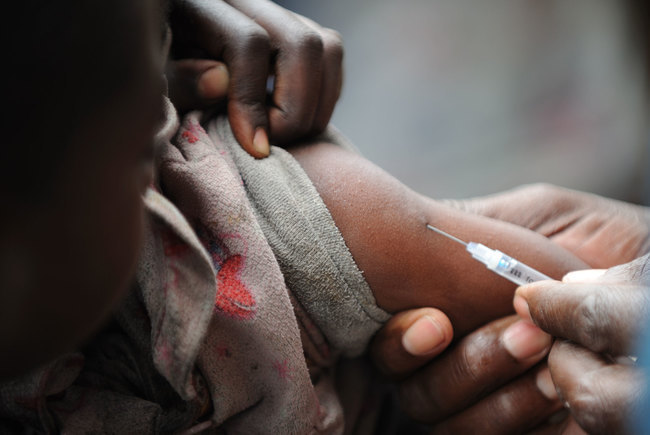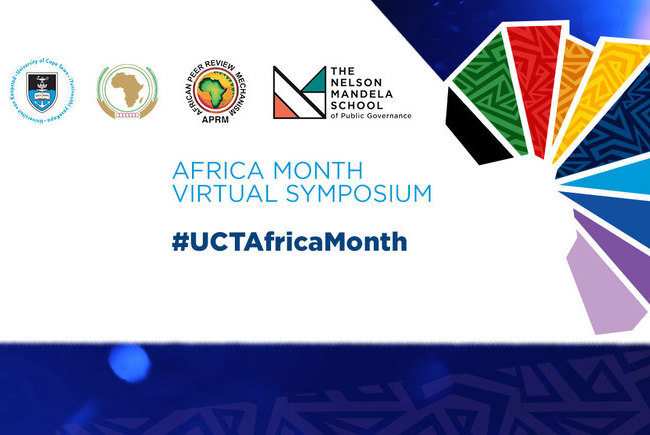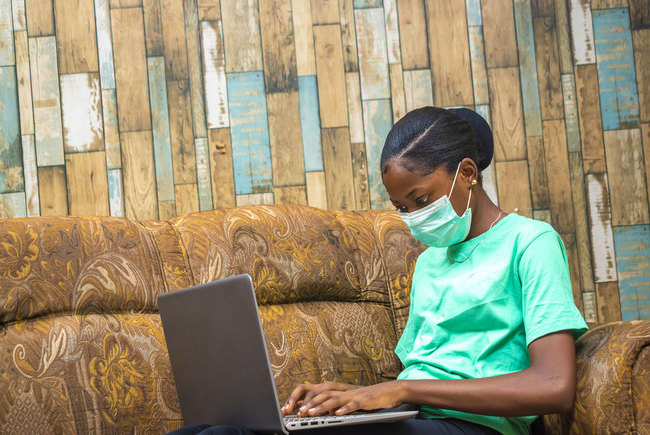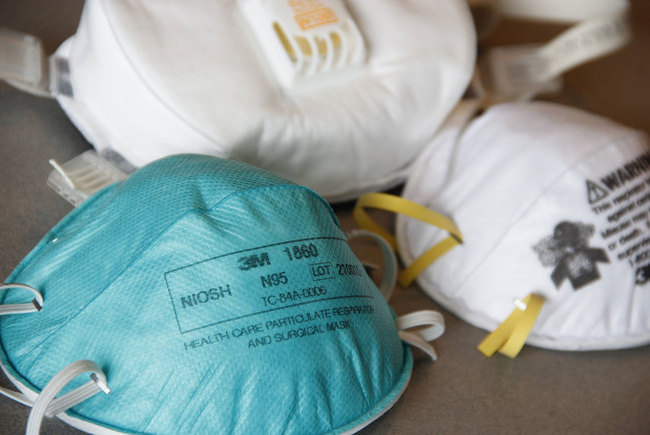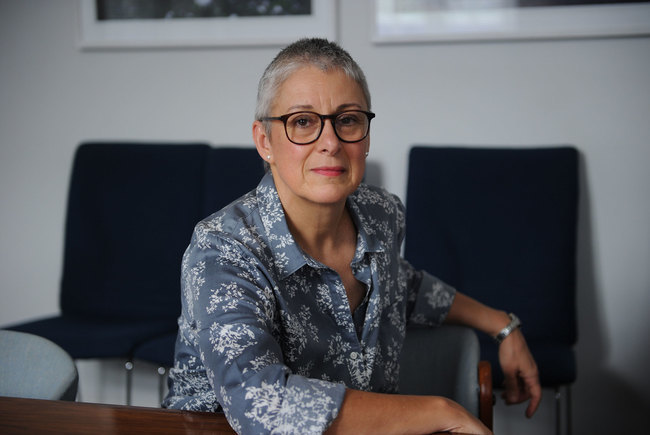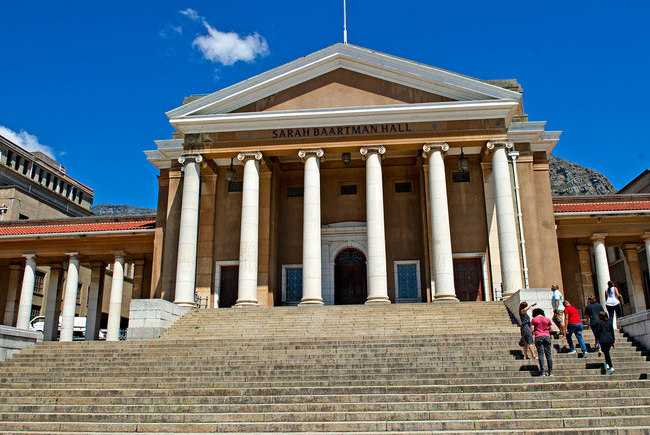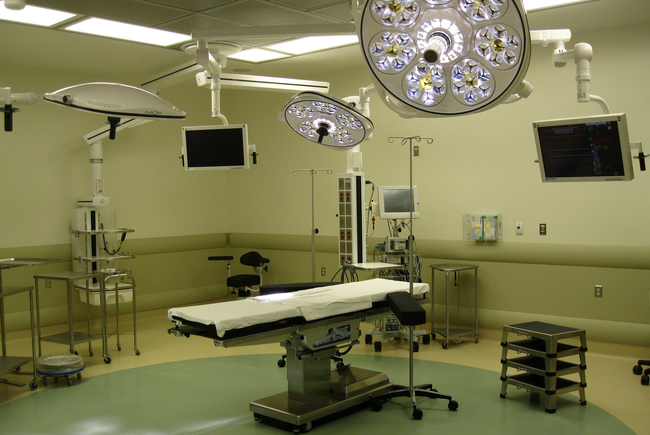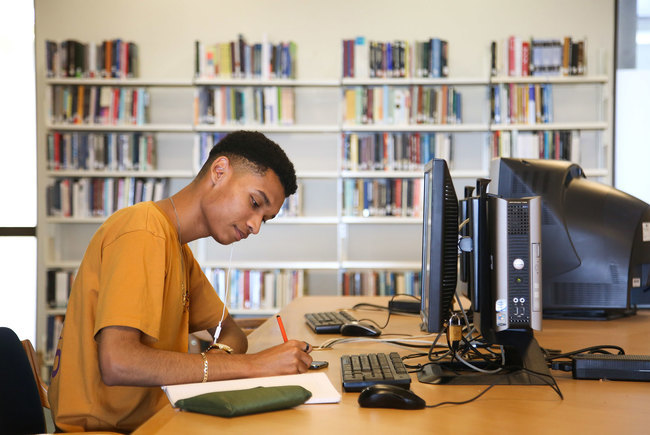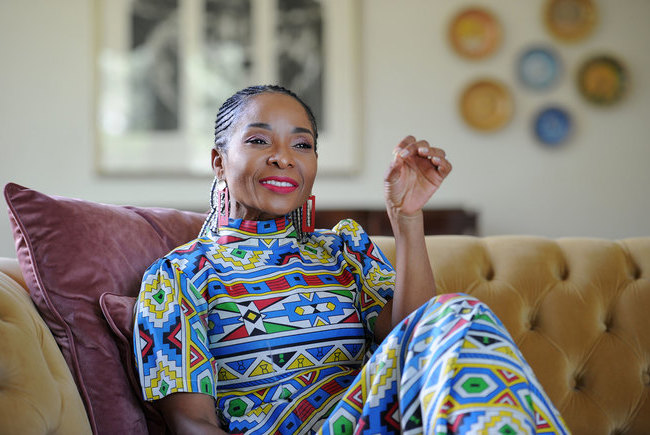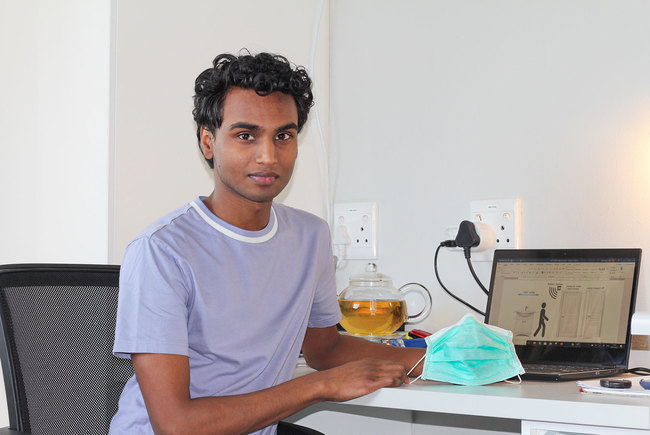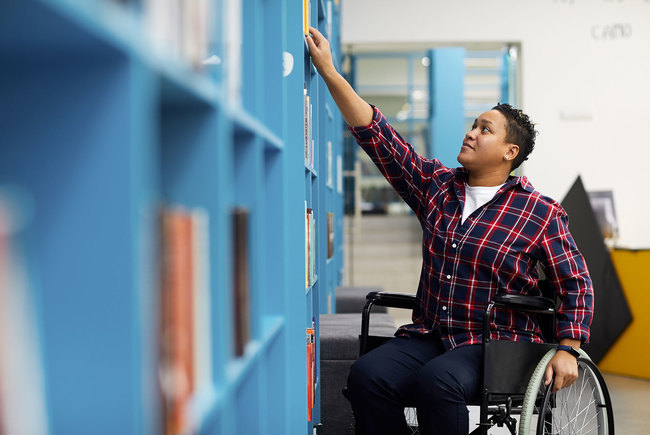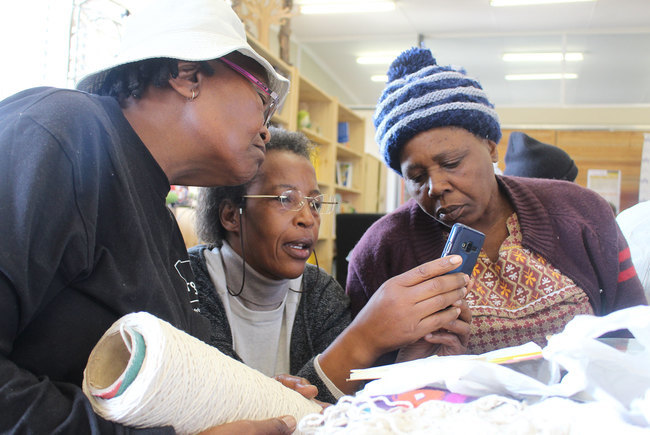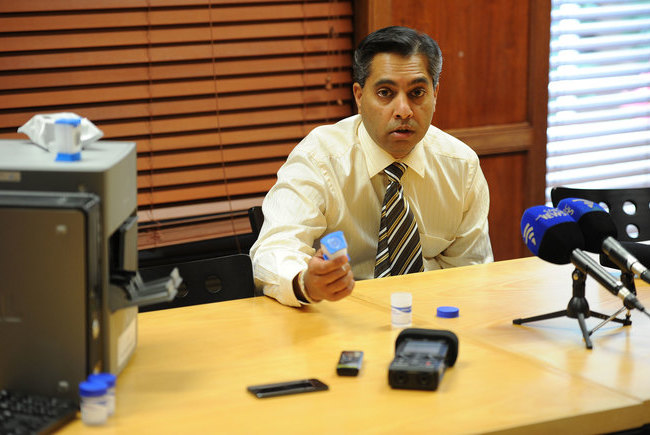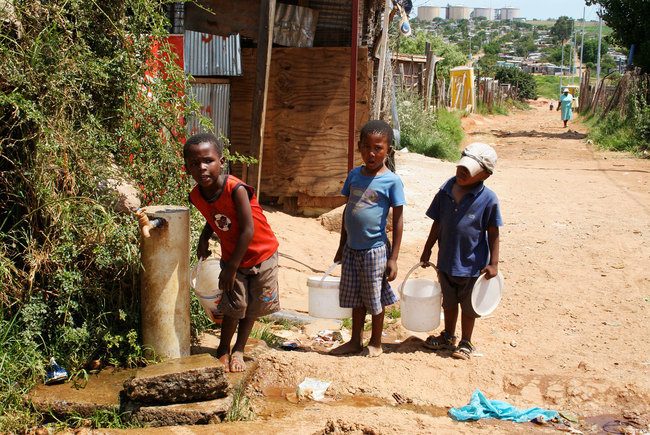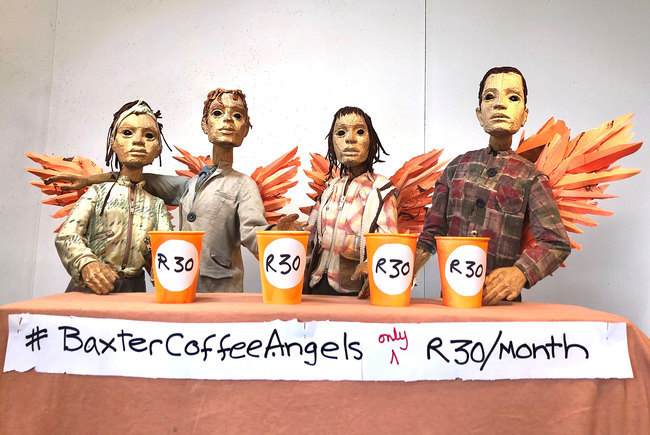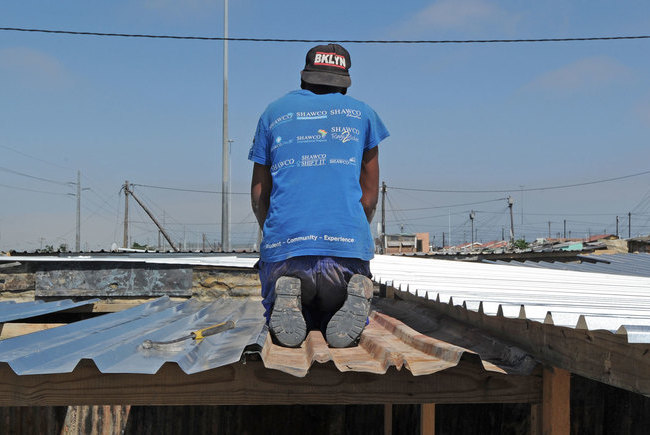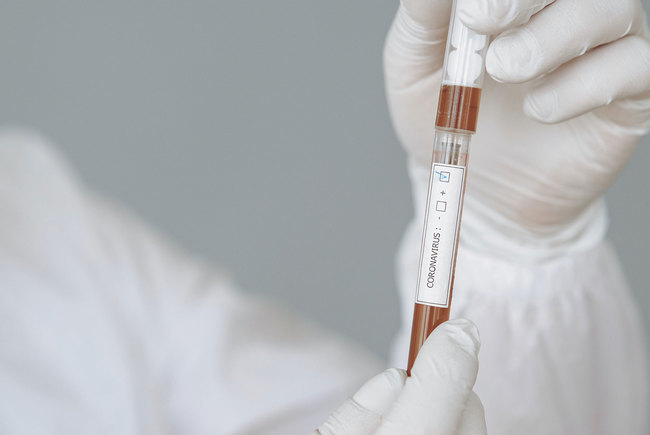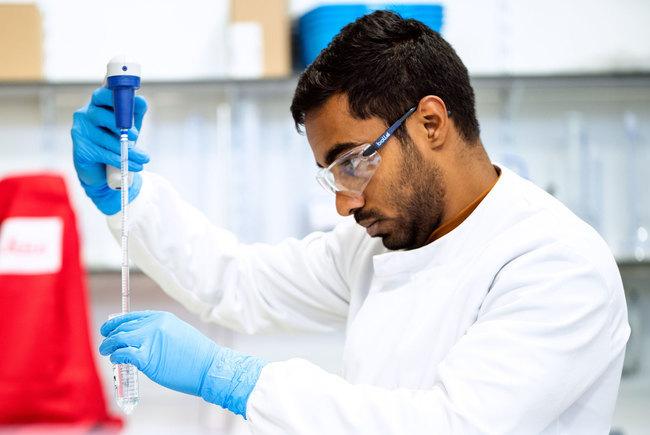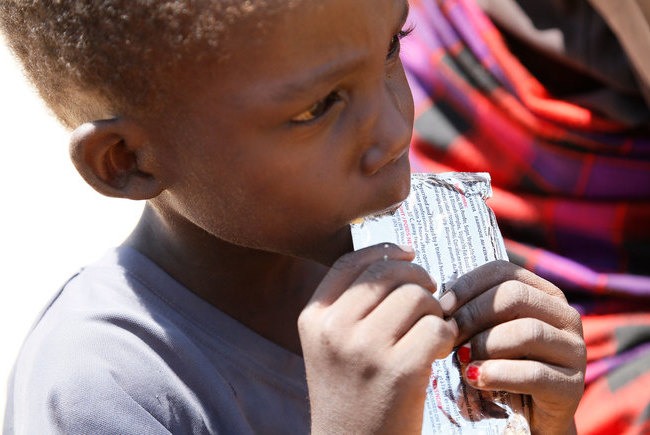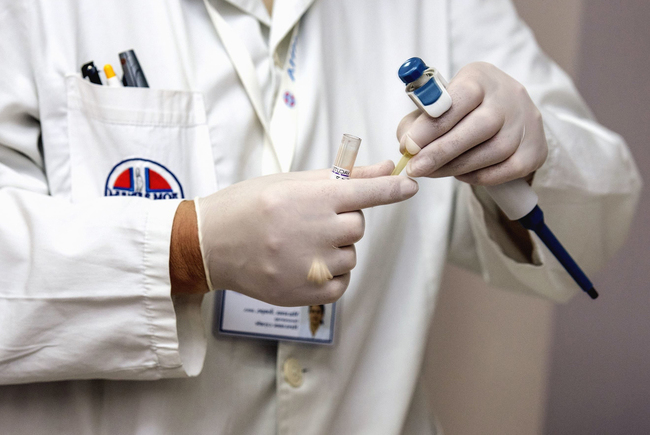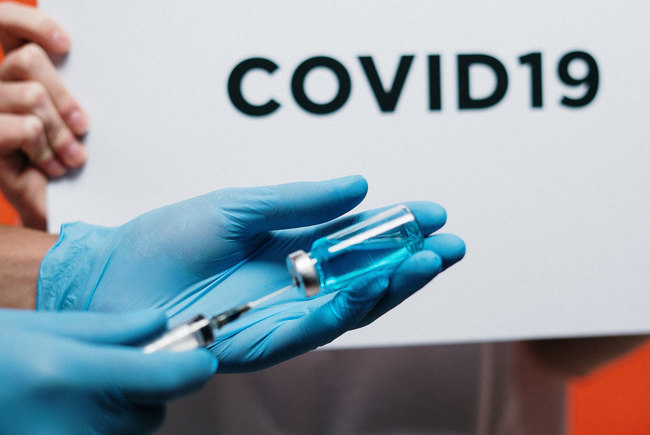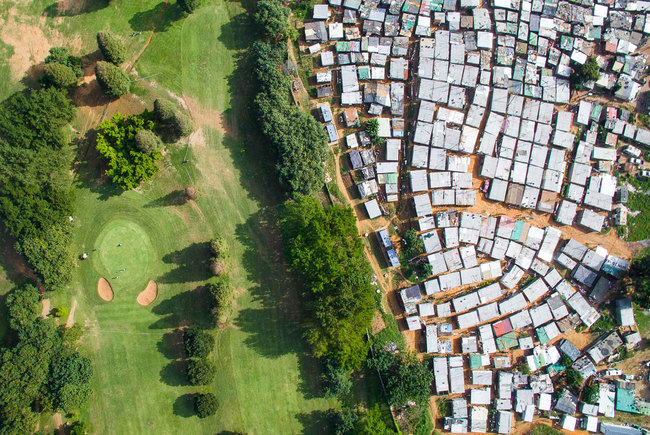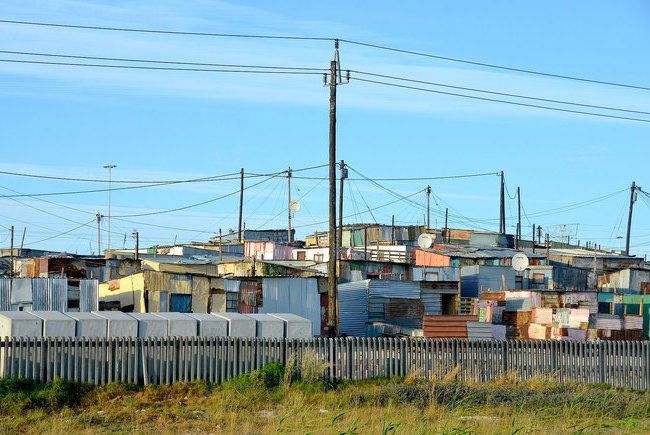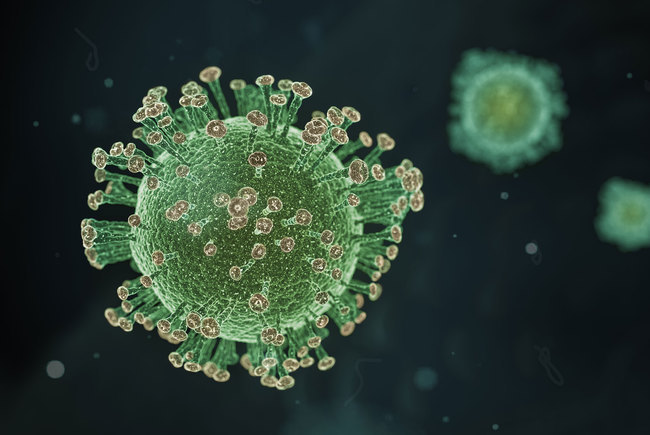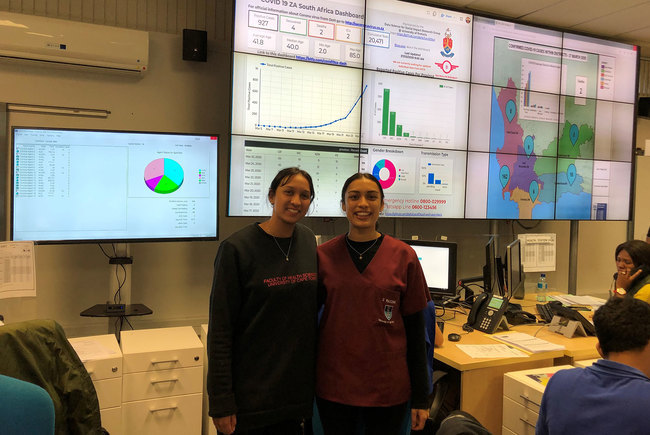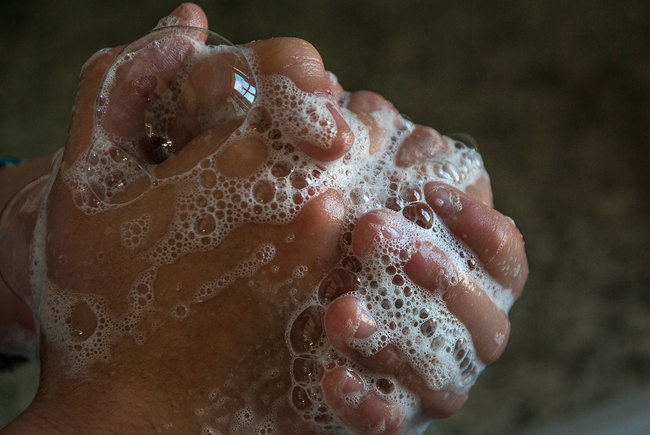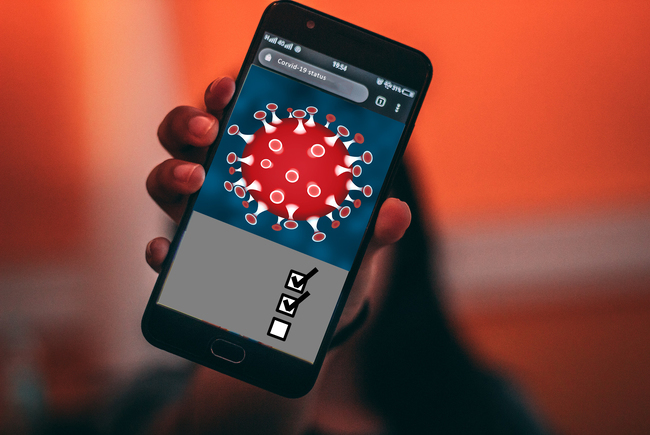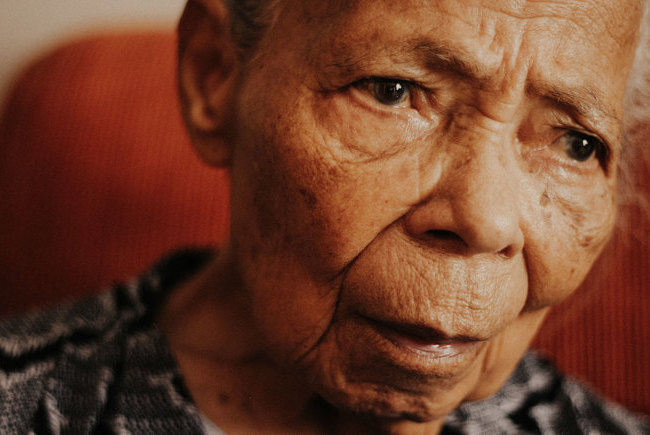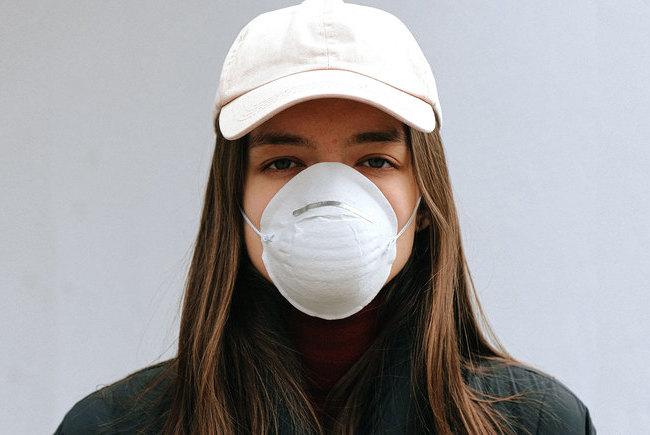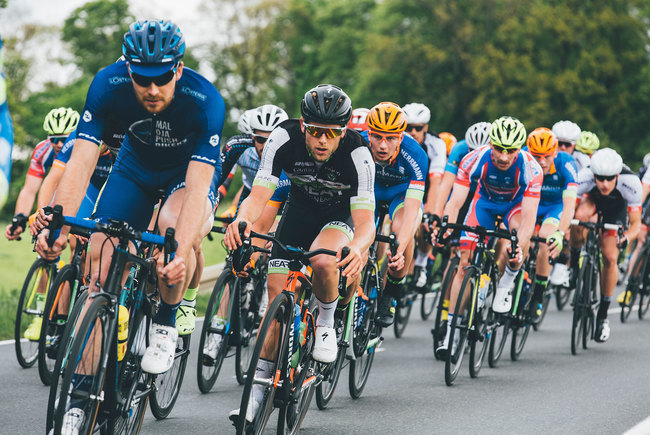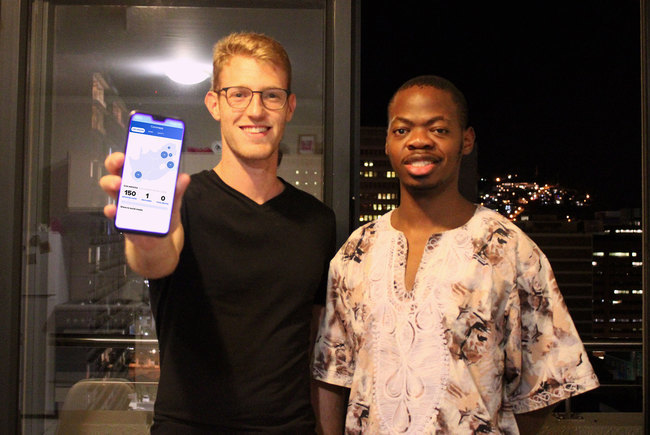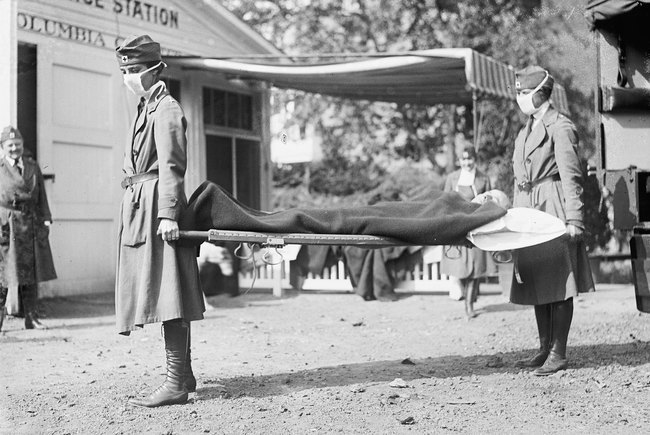Ethical use of drones in COVID-19 national emergency response programme
08 June 2020 | Story Supplied. Photo Adobe Stock. Read time 3 min.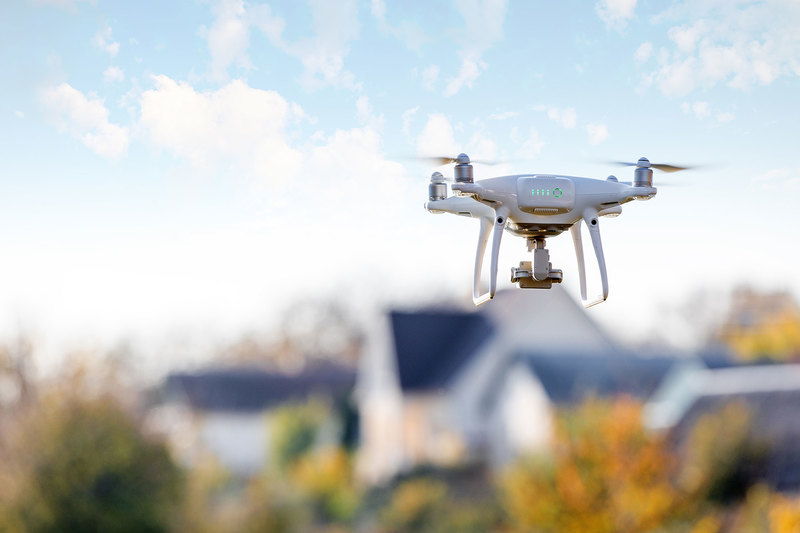
A novel initiative from the newly established Tech4Good Lab within the School of IT at the University of Cape Town (UCT) aims to take the lead in building a Drones4Good knowledge community that will extend beyond South Africa, New Zealand and Australia.
We live in an era in which technologies are transforming society rapidly. As such, there is a need for ethical frameworks and normative standards where societal values must be promoted as priorities.
One of the major challenges presented by the COVID-19 pandemic in South Africa – and worldwide – is the ethical and responsible use of technology used for public security and surveillance activities. An example is how mobile technology can covertly collect and track citizens’ movements and internet activities through forensic cloud analysis.
“This is how we can work together in an ethical way to combat the spread of this virus and avoid the abuse of human rights.”
Led by Dr Sumarie Roodt and Dr Walter Uys, the Drones4Good knowledge community will determine the main privacy, safety and utility considerations (ethical, legal and social implications) regarding the use of drones for crowd monitoring, message broadcasting and social distancing activities related to the COVID-19 pandemic.
“We must seek effective and practical actions and produce high-quality solutions in a flexible and creative way to disseminate ideas, research and programmes,” said Roodt.
“This is how we can work together in an ethical way to combat the spread of this virus and avoid the abuse of human rights.”
Collaborative research
Discussions with other national stakeholders involved in drone development and deployment in the Global South have been initiated across business, government and civil society clusters, such as the regional not-for-profit company the Silicon Cape Initiative. As Africa’s largest and most productive technology innovation ecosystem enabler, Silicon Cape is helping to engage regional stakeholders in the drone innovation space.
“Through our research we strive towards a collaborative research and practice platform with multi-party participation and invite global business, academic, government and non-governmental institutions to participate. Even the public will be welcome to participate to help us build a more complete consensus that this problem and issue requires,” explained Uys.
The team plans to connect and encourage all parties to carry out targeted and interdisciplinary exchanges and cooperation in response to new problems brought about by this novel technological deployment.
The Drones4Good initiative is a collaboration between UCT, the University of Auckland and the University of Western Australia.
 This work is licensed under a Creative Commons Attribution-NoDerivatives 4.0 International License.
This work is licensed under a Creative Commons Attribution-NoDerivatives 4.0 International License.
Please view the republishing articles page for more information.
Coronavirus Disease 2019 updates
COVID-19 is a global pandemic that caused President Cyril Ramaphosa to declare a national disaster in South Africa on 15 March 2020 and to implement a national lockdown from 26 March.
UCT is taking the threat of infection in our university community extremely seriously, and this page will be updated regularly with the latest COVID-19 information. Please note that the information on this page is subject to change depending on current lockdown regulations.
Frequently asked questions
Daily updates
Campus communications
2020
Resources
Video messages from the Department of Medicine
Getting credible, evidence-based, accessible information and recommendations relating to COVID-19
The Department of Medicine at the University of Cape Town and Groote Schuur Hospital, are producing educational video material for use on digital platforms and in multiple languages. The information contained in these videos is authenticated and endorsed by the team of experts based in the Department of Medicine. Many of the recommendations are based on current best evidence and are aligned to provincial, national and international guidelines. For more information on UCT’s Department of Medicine, please visit the website.
To watch more videos like these, visit the Department of Medicine’s YouTube channel.
Useful information from UCT
External resources
News and opinions
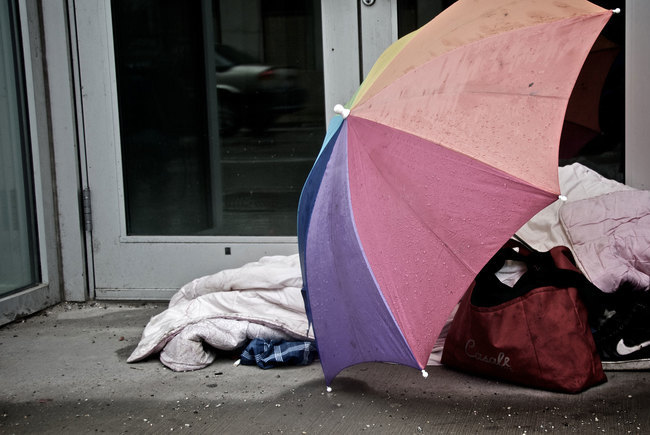
As the COVID-19 crisis drags on and evolves, civil society groups are responding to growing and diversifying needs – just when access to resources is becoming more insecure, writes UCT’s Prof Ralph Hamann.
03 Jul 2020 - 6 min read Republished
The Covid-19 crisis has reinforced the global consequences of fragmented, inadequate and inequitable healthcare systems and the damage caused by hesitant and poorly communicated responses.
24 Jun 2020 - >10 min read Opinion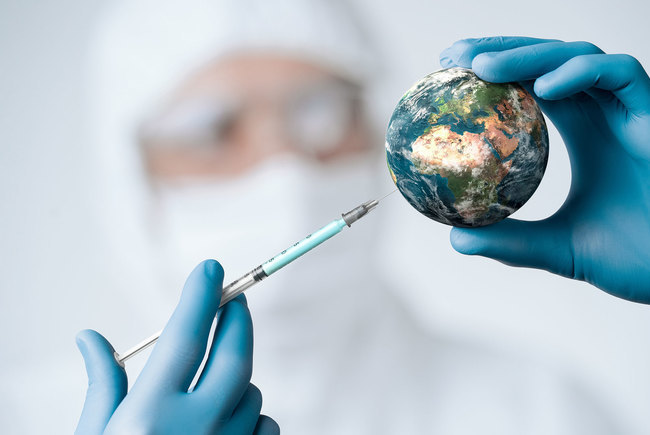
Our scientists must not practise in isolation, but be encouraged to be creative and increase our knowledge of the needs of developing economies, write Professor Mamokgethi Phakeng, vice-chancellor of UCT, and Professor Thokozani Majozi from the University of the Witwatersrand.
09 Jun 2020 - 6 min read Republished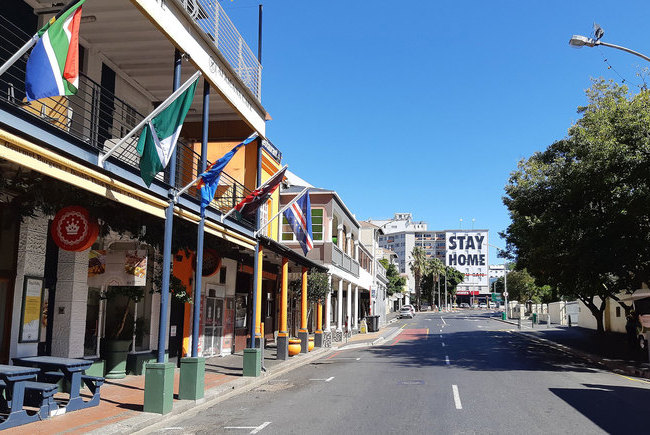
South Africa has been recognised globally for its success in flattening the curve, which came as a result of President Ramaphosa responding quickly to the crisis, writes Prof Alan Hirsch.
28 Apr 2020 - 6 min read RepublishedStatements and media releases
Media releases
Read more
Statements from Government
In an email to the UCT community, Vice-Chancellor Professor Mamokgethi Phakeng said:
“COVID-19, caused by the virus SARS-CoV-2, is a rapidly changing epidemic. [...] Information [...] will be updated as and when new information becomes available.”
We are continuing to monitor the situation and we will be updating the UCT community regularly – as and when there are further updates. If you are concerned or need more information, students can contact the Student Wellness Service on 021 650 5620 or 021 650 1271 (after hours), while staff can contact 021 650 5685.













